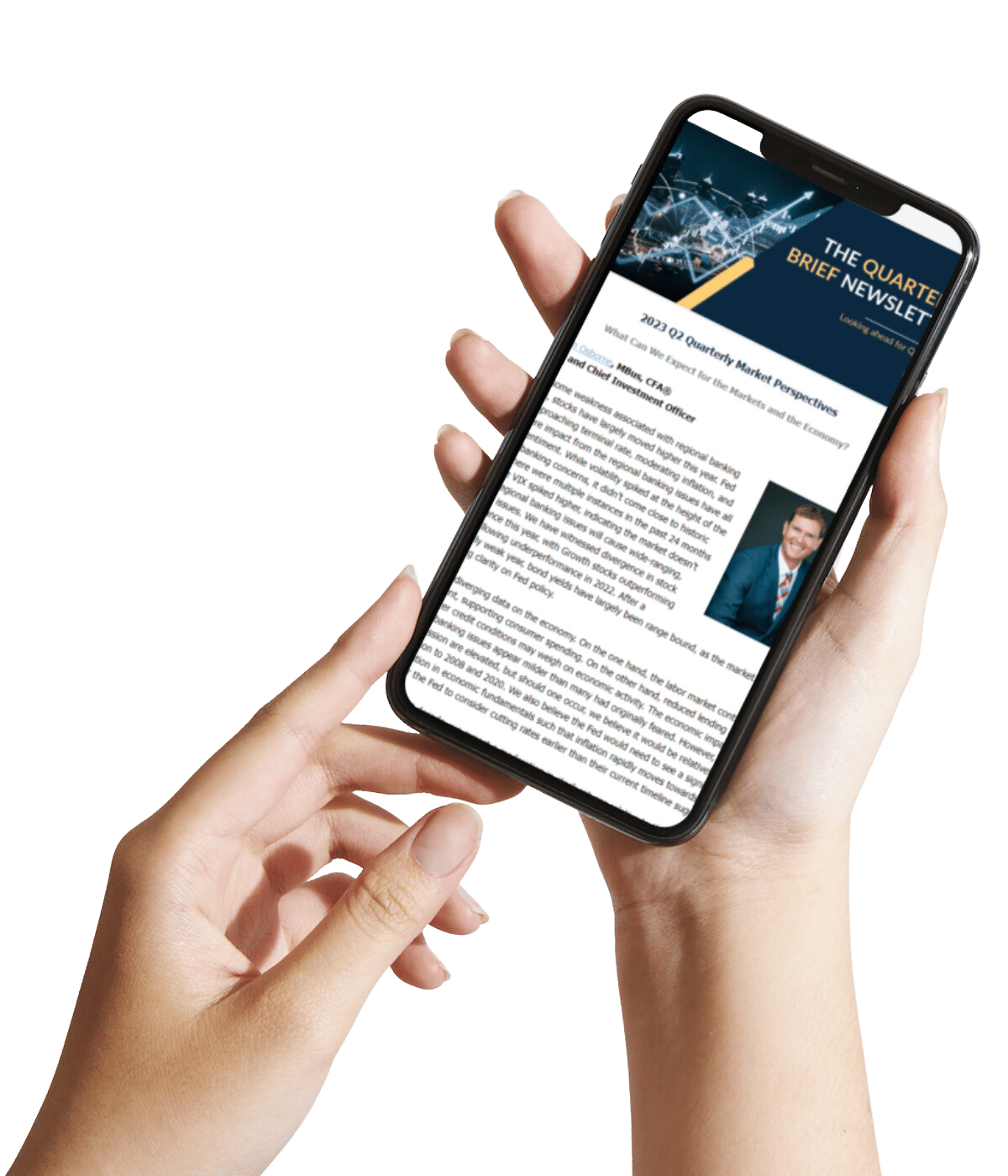What Tax Benefits Do Business Owners Get Under the One Big Beautiful Bill Act (OBBBA)?

The One Big Beautiful Bill Act (OBBBA), passed in 2025, permanently changed key business tax rules. Business owners now benefit from a permanent QBI deduction, full bonus depreciation, expanded Section 179 expensing, and new opportunities through cost segregation studies. These changes can lower taxes, boost cash flow, and improve long-term planning—especially for S-Corp service businesses and real estate developers.
This article walks through what changed, how those changes affect typical businesses, and what you should be doing now.
What Are the Key Tax Changes for Business Owners Under OBBBA?
Here are the major shifts business owners should be aware of (see Public Law 119-21 PDF):
- Permanent Qualified Business Income (QBI) Deduction: The 20% deduction for QBI (from pass-throughs) is now made permanent. There is no more uncertainty about its sunset.
- Minimum QBI Deduction: For active business owners with at least $1,000 of QBI, there is now a guaranteed minimum deduction (indexed for inflation).
- Raised Thresholds & Relaxed Phase-Outs: The income limits for phase-outs (especially for Specified Service Trade or Business, or SSTB) have increased, making the deduction available (or more generous) to more business owners.
- 100% Bonus Depreciation is Now Permanent: For qualifying property placed in service after Jan 19, 2025, you can immediately expense (i.e., write off) the full cost instead of spreading it over many years. Used property can qualify under certain conditions.
- Qualified Production Property (QPP): Under OBBBA, there is a new category of real property tied to production/manufacturing/refining that, if certain conditions are met (e.g., original use, construction timelines), can get full expensing.
- Section 179 Increase: Higher dollar caps for what can be expensed under §179, with higher phase-out thresholds.
- Interest Expense Limit Adjustments: The definition of “adjusted taxable income” is improved for purposes of limiting interest expense deductions (exclusions for depreciation, amortization, etc.).
- State Conformity and Compliance Considerations: Not every state will immediately conform to the new federal rules, so what looks like a big win at the federal level may have state-tax complications.
How Do Cost Segregation Studies Save More Taxes Under OBBBA?
Even before the OBBBA, cost segregation studies were a proven way to accelerate depreciation by reclassifying certain building components (like lighting, HVAC, flooring, landscaping) into shorter recovery periods.
Why cost segregation studies matter more now:
- With 100% bonus depreciation made permanent, all those reclassified 5-, 7-, and 15-year assets identified in a cost segregation study can now be fully expensed in year one.
- For developers, this means that not only might the building qualify as Qualified Production Property (QPP), but even if it doesn’t, you can still dramatically increase deductions by accelerating a portion of the property through cost segregation.
- For business owners who buy or renovate office buildings, medical practices, warehouses, or retail spaces, a cost segregation study can convert what used to be decades-long deductions into immediate tax savings.
EXAMPLE:
If a business owner builds a $5 million office, a cost segregation study might identify $1 million of assets that qualify for 5-, 7-, or 15-year recovery. Under OBBBA, that $1 million can be fully deducted in the first year instead of being spread out over decades.
Strategic takeaway:
- Cost segregation studies now provide a double benefit — not only accelerating deductions but also maximizing the value of bonus depreciation under OBBBA.
- They are especially powerful when paired with QPP expensing, Section 179 elections, or strategic timing of construction.
- Business owners should weigh the upfront cost of a study against the potential tax savings — in many cases, the ROI is compelling.
Case Studies of How Business Owners Benefit From OBBBA
These case studies illustrate how different business owners might benefit — and what they need to watch out for.
Case Study 1: Real Estate Developer — “Alex’s Industrial Park”
Profile: Alex is a developer building light industrial/manufacturing-adjacent facilities in Colorado. His latest project is projected to cost $10 million for a facility that will serve as a manufacturing plant, along with supporting infrastructure and improvements.
Before OBBBA:
- The cost of the building shell would have been depreciated over 39 years (straight-line).
- Interior improvements might have qualified for faster depreciation, but many structural elements did not.
- Bonus depreciation was available, but phasing rules and use limitations often meant Alex could not write off everything immediately.
After OBBBA:
- The building (if it qualifies as Qualified Production Property, QPP) can be fully expensed in the year it is placed in service, assuming construction begins by the required dates and meets “original use” and other requirements.
- Interior improvements and equipment can now benefit from 100% bonus depreciation immediately.
- Because used property is eligible (if acquisition/use conditions are satisfied), Alex might consider acquiring some existing buildings or equipment previously regarded as ineligible.
Impact on Alex:
- Cash Flow Boost: As soon as the facility is placed in service, Alex gets a large deduction, reducing taxable income significantly and, in turn, his taxes. This frees up capital for reinvestment.
- Planning Importance: Alex must ensure the project timeline meets the deadline for QPP benefits. Contract dates, start of construction, etc., become very important.
- State vs Federal Differences: If Colorado or other states don’t conform to federal bonus depreciation or QPP, Alex may have to compute depreciation differently for state returns, possibly reducing the benefit.
Strategic Move: Alex might accelerate certain projects to ensure eligibility, split expenditures, or select asset types to maximize the deduction, and provide clear documentation (especially regarding “original use,” the start of construction, etc.).
Case Study 2: S-Corp Service Business — “Sarah the Physician’s Practice”
Profile: Sarah runs a medical practice taxed as an S-Corporation. Her active business income (after paying herself a wage) is about $1.2 million. Her W-2 salary is $300,000. She offers specialized services (so under prior rules, she is in a Specified Service Trade or Business, SSTB).
Before OBBBA:
- Because she is in an SSTB and her income was above the prior threshold, much of her QBI deduction was phased out, sometimes to zero, depending on her total taxable income and wages paid by the practice.
- The QBI deduction was temporary, and its looming expiration added uncertainty to her planning.
After OBBBA:
- The higher thresholds and relaxed phase-outs mean that Sarah may now be eligible for a partial or even near-full QBI deduction, depending on how much wage expense her S-Corp has and her total taxable income.
- The minimum QBI deduction ensures that even if some of her QBI falls into otherwise excluded categories, she may still get some deduction if she has active QBI ≥ $1,000.
- Having permanent status for the QBI deduction helps with forecasting and long-term planning: less risk that tax reform will eliminate it.
Impact on Sarah:
- If Sarah reorganizes compensation (balance between W-2 wages vs distributions) optimally, she can maximize the QBI deduction under the new thresholds.
- She should revise her projected income, considering whether she might take extra profits in a year, defer revenue, or accelerate expenses — all to stay within favorable bands or optimize phase-outs.
- She must also watch for state tax rules: if her state doesn’t follow the federal threshold increases, she could still lose some benefit at the state level.
What Should Business Owners Do Now to Maximize OBBBA Benefits?
Here are the steps business owners (especially real estate developers, service S-Corps, etc.) should take in light of OBBBA:
- Run Before-and-After Tax Modeling
Use your 2024 or most recent financial statements, then project forward using OBBBA rules. How does your taxable income, deductions, and cash flow change if you accelerate purchases, increase depreciation, etc.? - Audit Your Capital Investment Plans
For real estate, check whether your upcoming builds can qualify as QPP. For equipment or improvements, determine whether you should purchase sooner rather than later. - Review Compensation Strategies
For pass-through service businesses, think carefully about your wage versus distributions and how W-2 wage expense impacts the QBI limits. - Check for State Tax Conformity
Identify which states you operate or pay tax in. Do they comply with the new bonus depreciation, QBI rules, and other relevant regulations? If not, run scenarios with state tax differences. - Document Everything
Original use of property, including when you begin construction or enter into binding contracts, when the property is placed in service, and business usage details. Good records will be essential. - Plan for Potential Drawbacks
- Over-deducting in one year can lead to large losses or a net operating loss (NOL) carry forward, which may have limitations.
- Some deductions may reduce the alternative minimum tax (AMT) base or interact with interest expense limitations in subtle ways.
- Beware of letting tax savings drive overly aggressive investments that might not provide business returns.
Conclusion: How Can Business Owners Adapt Their Tax Strategy After OBBBA?
OBBBA represents a meaningful shift in tax policy that rewards investment, property development, and pass-through business ownership. The features are especially beneficial to real estate developers and service businesses organized as S-Corps — provided they understand the new thresholds, deadlines, and documentation requirements.
If you run a business, now is a great time to revisit your tax plans. The decisions you make this year (about acquisitions, construction, compensation, etc.) will have ripple effects for cash flow, tax liability, and business value down the road.
At Mission Wealth, we help business owners navigate these changes—so you can make decisions as confidently as planning for your exit.
Ready to see how OBBBA impacts your business taxes? Schedule a complimentary strategy session with our advisors to model your cash flow and deductions under the new law.
Financial Services for Business Owners
Work closely with a reputable and experienced financial advisor who understands your needs and can provide tailored advice and support.Empower Yourself as a Business Owner
Owning and operating a business is time-consuming, leaving little time to plan for your financial future and your family’s security. Our range of financial services caters to the needs of business owners, entrepreneurs, small businesses, and corporations alike. We will help ensure that your personal finances are in order and that you reap the financial benefits and tax advantages that business ownership may afford.
Let us work as your personal CFO so you can focus on what you do best — maximizing business opportunities and enjoying your life. For more information on Mission Wealth, please visit missionwealth.com.
To schedule a complimentary meeting with a Mission Wealth financial advisor, contact us today at (805) 882-2360 or online.
Mission Wealth is a Registered Investment Advisor. This commentary reflects the personal opinions, viewpoints, and analyses of the Mission Wealth employees providing such comments. It should not be regarded as a description of advisory services provided by Mission Wealth or performance returns of any Mission Wealth client. The views reflected in the commentary are subject to change at any time without notice. Nothing in this commentary constitutes investment advice, performance data, or any recommendation that any particular security, portfolio of securities, transaction, or investment strategy is suitable for any specific person. Any mention of a particular security and related performance data is not a recommendation to buy or sell that security. Mission Wealth manages its clients’ accounts using a variety of investment techniques and strategies, which are not necessarily discussed in the commentary. Investments in securities involve the risk of loss. Past performance is no guarantee of future results.
Let's Keep in Touch!
Subscribe for exclusive content and timely tips to empower you on your financial journey. Our communications go straight into your inbox, so you'll never miss out on expert advice that can positively impact your life.Recent Insights Articles for Businesses

Retirement Plans for Small Business Owners: Building Long-Term Security for You and Your Team
October 29, 2025
What Tax Benefits Do Business Owners Get Under the One Big Beautiful Bill Act (OBBBA)?
September 25, 2025


